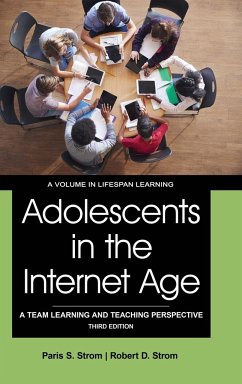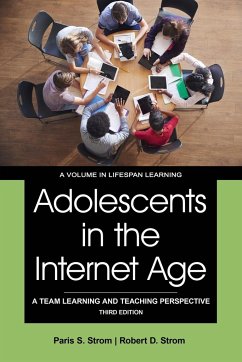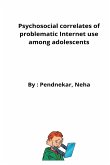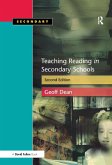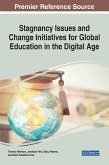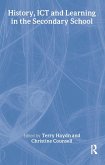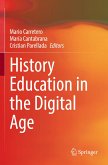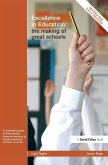This book is intended for prospective secondary teachers, university education and human development faculty and students, and in-service secondary school teachers. The text focuses on the current environment of adolescents. Physical growth, sexuality, nutrition, exercise, and substance abuse receive attention. Social development depends on consideration of advice given by peers and adults. Neuroscience insights are reported on information processing, attention and distraction. Detection of cheating, cyber abuse, and parental concerns are considered. Career exploration issues are discussed. Visual intelligence, creative thinking, and Internet learning are presented with ways to help students gauge risks, manage stress, and acquire resilience. Peers become the most prominent influence on social development during adolescence, and they recognize the Internet as their greatest resource for locating information. Teachers want to know how to unite these powerful sources of learning, peers and the Internet, to help adolescents acquire teamwork skills employers will expect of them. This goal is achieved by implementing Collaboration Integration Theory. Ten Cooperative Learning Exercises and Roles (CLEAR) at the end of chapters allow each student to choose one role per chapter. Insights gained from these roles are shared with teammates before work is submitted to the teacher. This approach enables students to select assignments, expands group learning, and makes everyone accountable for instruction. The adult teacher role becomes more creative as they design exercises and roles that differentiate team learning. Using Zoom or other platforms a teacher can observe or record cooperative team sharing. Involvement with CLEAR can enable prospective teachers to apply this system to empower their secondary students.
Hinweis: Dieser Artikel kann nur an eine deutsche Lieferadresse ausgeliefert werden.
Hinweis: Dieser Artikel kann nur an eine deutsche Lieferadresse ausgeliefert werden.

